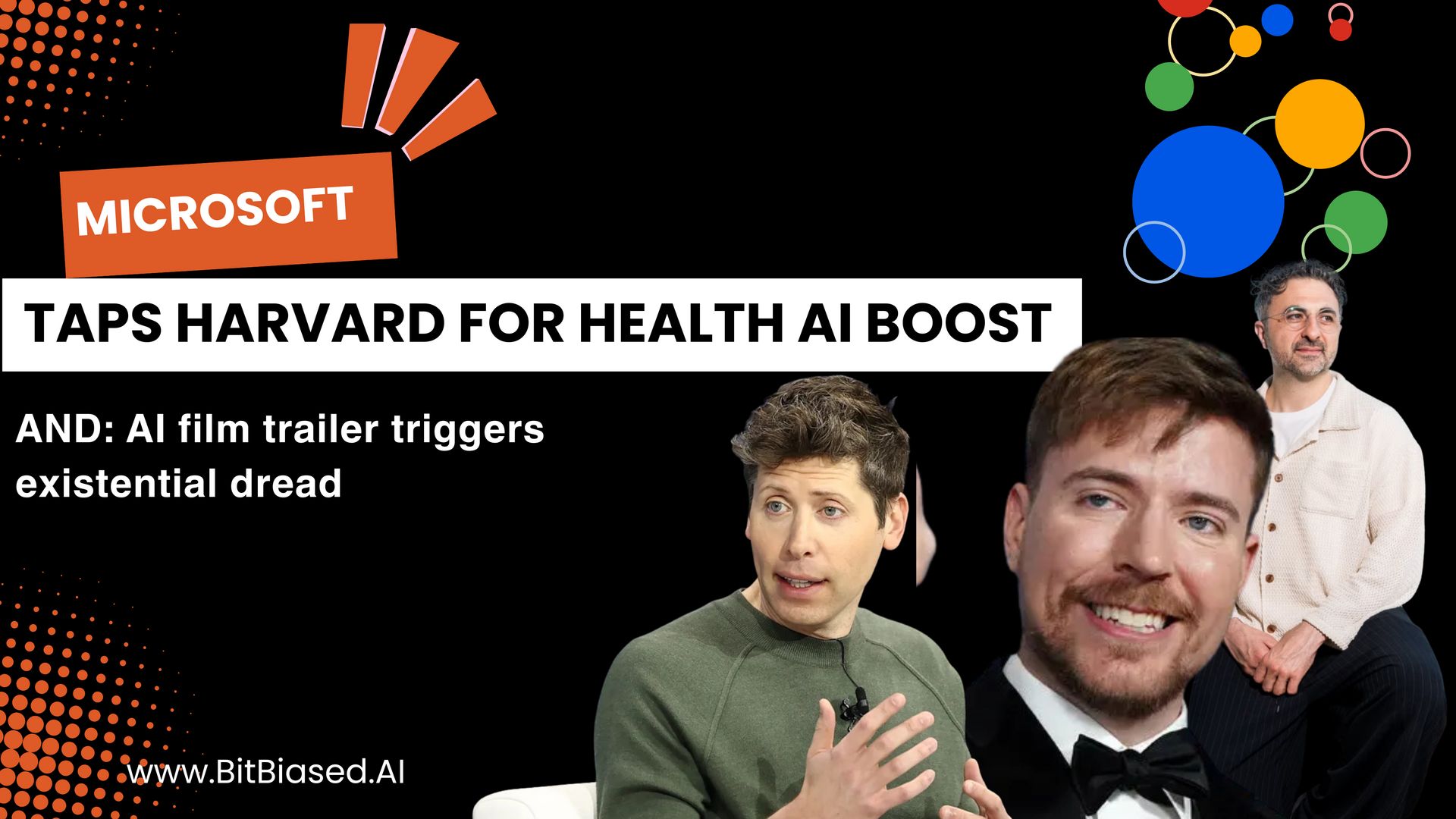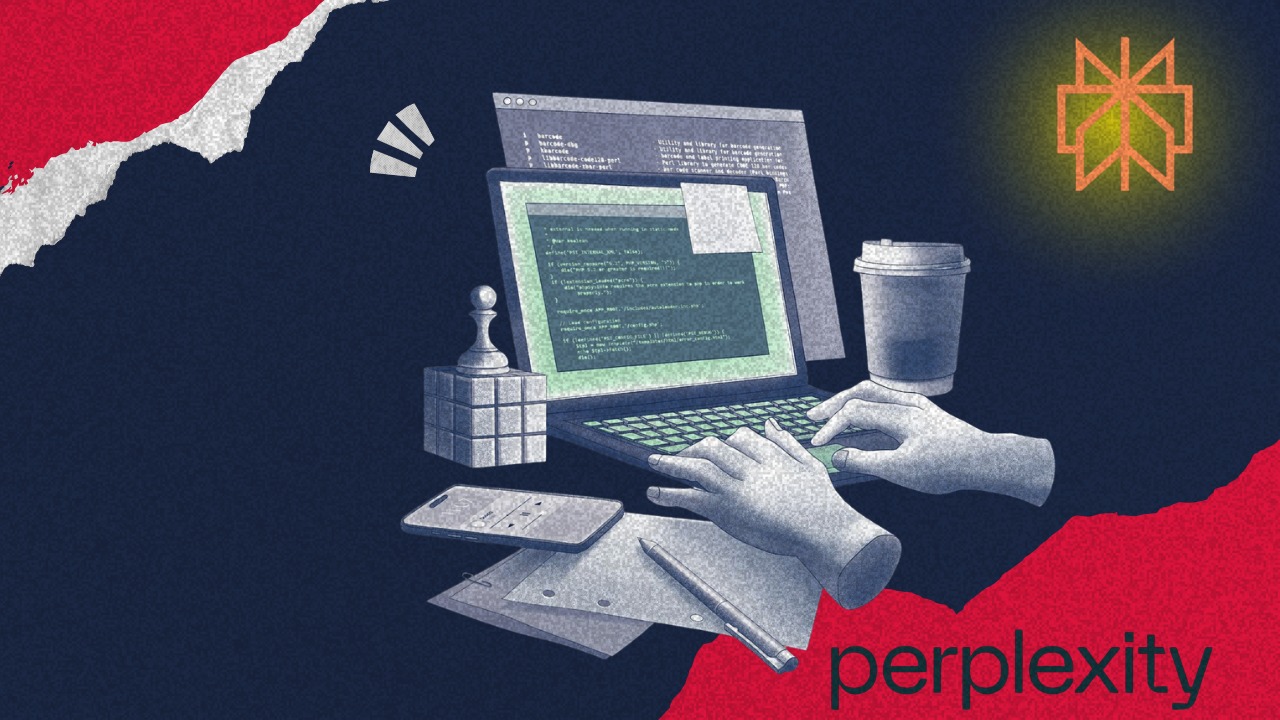
Welcome, Humans!
Ready for your daily dose of AI chaos? I’ve rounded up Today’s Top AI Headlines for those who like to stay ahead – and for the curious, I’ve got some eyebrow-raising stories Beyond the Headlines. Let’s dive in.
In a Nutshell:
Microsoft leans on Harvard to boost Copilot credibility
Samsung’s tiny model outsmarts GPT-4
ChatGPT Go lands in 16 new Asian markets
AI film teaser sparks creativity panic online
MrBeast joins growing creator vs. AI tension
🚀Today’s Top AI Headlines:

Microsoft Licenses Harvard Medical Data for Copilot: Microsoft is deepening its presence in healthcare AI by securing a licensing deal with Harvard Medical School to integrate medical data into its Copilot assistant. The upcoming Copilot update will leverage this partnership to generate medically informed responses to user health queries, effectively turning it into a trusted AI healthcare companion. According to Reuters, the system will be trained using anonymized case studies and clinical insights developed by Harvard researchers, ensuring scientific rigor and compliance with patient privacy regulations. The move positions Microsoft as a strong contender in the healthcare AI race, where precision, ethics, and data quality are paramount. By aligning with Harvard Medical, Microsoft aims to provide enterprise healthcare clients and professionals with AI assistance for diagnostics, medical writing, and patient management. Notably, the partnership signals Microsoft’s growing independence from OpenAI, as it continues building its own specialized models under the Copilot ecosystem. Analysts see this as a pivotal step toward developing vertical-specific Copilots for industries like medicine, law, and finance. With healthcare spending exceeding $4 trillion globally, Microsoft’s Copilot may soon become a vital interface between practitioners, patients, and intelligent medical data.
Source: WSJ🤖 Robi: “Copilot just went from Clippy with a stethoscope to Dr. Clippy, MD.”
Samsung’s Tiny Model Challenges GPT-4: Samsung has made waves in AI research with the unveiling of its Tiny Recursion Model (TRM), a remarkably compact neural network boasting just 7 million parameters yet capable of outperforming GPT-4 on select reasoning benchmarks. Developed by Alexia Jolicoeur-Martineau, TRM represents a potential paradigm shift in AI design, demonstrating that recursive reasoning may outperform brute-force scaling. Instead of relying on vast compute power and massive data sets, TRM recursively refines its outputs through multiple logical passes, improving accuracy without expanding model size. This efficiency-first approach could radically change how AI models are trained and deployed, particularly on mobile devices and embedded systems. Samsung claims that TRM delivers reasoning results comparable to GPT-4 on math and logic tests while using a fraction of the energy and hardware resources. The development also underscores South Korea’s growing leadership in practical AI innovation, with Samsung pushing to integrate TRM into its devices for on-device intelligent reasoning. Researchers say the breakthrough challenges the long-held “bigger is better” narrative in AI and could usher in an era of smarter, smaller, and more sustainable models.
Source: Venture Beat🤖 Robi: “GPT-4’s bigger, but TRM brought brains to a biceps fight.’’
ChatGPT Go Expands Across Asia: OpenAI has expanded its low-cost ChatGPT Go plan to 16 additional Asian countries, significantly widening access to premium AI capabilities in emerging markets. Priced under $5 per month, the plan is designed to bring powerful tools like GPT-4-level performance, image generation, and custom instructions to users who might otherwise be priced out of AI subscriptions. The rollout includes key regions such as India, Pakistan, Indonesia, Thailand, and the Philippines, areas where smartphone adoption is high but affordability remains a barrier to digital innovation. By targeting this demographic, OpenAI aims to cement ChatGPT’s dominance in the fast-growing Asian AI ecosystem, where competition from local startups like Zhipu AI and Baidu’s Ernie Bot is intensifying. The expansion also reflects OpenAI’s strategic shift toward global accessibility and localization, introducing language support and region-specific payment options. Experts note that this could not only drive mass adoption but also generate valuable cultural and linguistic data to improve model diversity. As AI access becomes more democratized, the Go plan could redefine productivity for students, freelancers, and small businesses across Asia — turning ChatGPT into an everyday tool rather than a luxury product.
Source: Tech Crunch
🤖 Robi: “Finally, an AI plan that costs less than your monthly caffeine habit.”
🔍Beyond the Headlines:
AI-Directed Film Teaser Splits the Internet: A new teaser for what’s being called the first feature film entirely directed by an AI agent has set social media ablaze. The film, which imagines a future where 99% of jobs are automated, ironically mirrors real-world debates about AI’s impact on creativity. Supporters are calling it a revolutionary experiment in storytelling, while critics argue it strips away the human essence of filmmaking. The teaser’s hyperreal visuals and AI-scripted dialogue have fueled both fascination and fear, raising questions about whether AI can truly replace, or even enhance, human direction in cinema.
Source: X🤖 Robi: “When AI writes the script and directs it, do actors still get craft services?”
MrBeast Warns About AI Video Flood: YouTube megastar MrBeast has voiced serious concerns about the rise of AI-generated videos, calling it “scary times for creators.” In response to models like OpenAI’s Sora, he questioned what happens “when AI videos are just as good as normal videos.” His remarks come as AI-generated entertainment floods social media, with synthetic influencers and deepfake clips blurring authenticity lines. MrBeast’s comments echo growing anxiety across the creator economy, where automation threatens originality and income. While he acknowledged AI’s creative potential, he warned that unchecked adoption could “break trust” between audiences and authentic creators.
Source: BBC
🤖Robi: “MrBeast fears AI clones, I fear I’ll binge-watch them anyway.”
🤖Prompt of the Day:
Corporate Brand Repositioning Plan
Prompt:You are a brand strategist specializing in corporate rebranding. Your task is to develop a repositioning plan for a [company size/type] in [industry] facing [market challenge or transformation].
Your framework should include: (1) brand perception audit, (2) audience and competitive analysis, (3) refreshed brand identity and messaging, (4) internal brand training and alignment, (5) external rollout strategy across channels, and (6) KPIs such as brand awareness lift, perception improvement, and market share growth.
🤖AI Tools You Didn’t Know You Needed:
Problem: Managing multiple AI models for visual content creation can be disorganized and time-consuming.
AI Solution: A unified platform that integrates various AI models into a single workspace, streamlining the creative process.
AI Tool: Masonry.so is an AI-driven platform that allows users to create, remix, and refine visuals using models like GPT-4o Image, Gemini 2.5 Flash Image, Imagen 4, FLUX 1.1 Pro, and Recraft V3.
Helpful Features
All-in-One Workspace: Access multiple AI models in one place.
Infinite Canvas: Organize and visualize ideas on an endless canvas.
Natural Language Editing: Transform images with simple text commands.
Community Creations: Draw inspiration from a vibrant creative community.

⚡ Robi’s Hot Take on X






